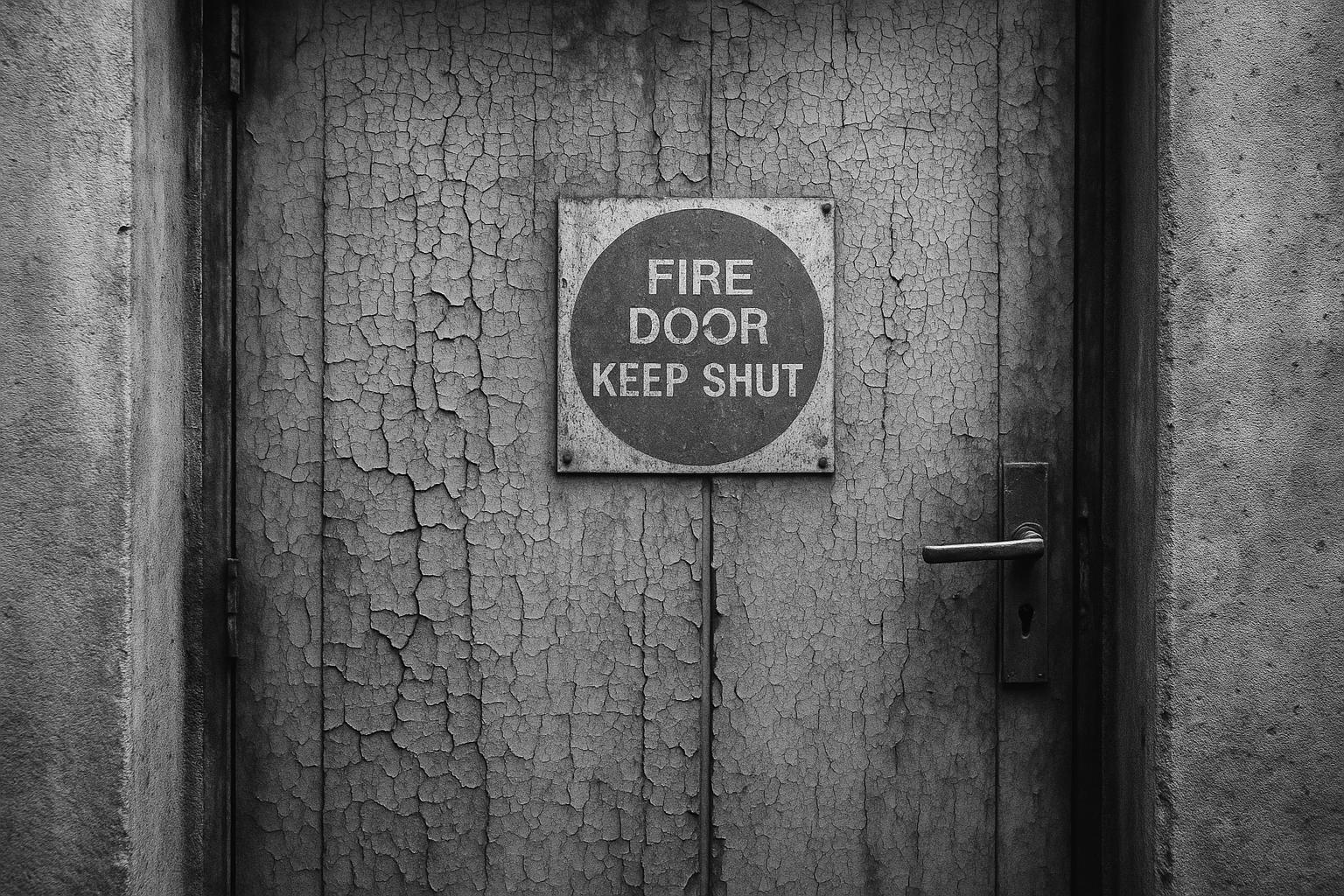Survivors of the Grenfell Tower fire have voiced their outrage over the continuing employment of officials associated with the tragedy, describing it as “a deep and bitter injustice.” This disappointment resonates particularly as the eighth anniversary of the devastating fire approaches, with many involved in its mismanagement still holding influential roles in the housing sector. A spokesperson for Grenfell United expressed the intense ongoing pain felt by survivors, emphasising that while they continue to grieve and seek justice, those responsible continue their careers largely unscathed.
The individuals in question include key figures such as Laura Johnson, the former director of housing at the Royal Borough of Kensington and Chelsea (RBKC). Findings from the public inquiry indicated that Johnson took actions that compromised fire safety, including delaying the installation of essential fire door mechanisms despite recommendations from the London Fire Brigade for their urgent implementation. Instead of facing accountability, she now occupies a significant position at Barnet Homes, managing properties that house thousands, which raises concerns about the oversight of safety protocols in communal living environments.
Another figure, Brian Martin, who held responsibility for building regulations, has also remained in the sector, later serving as a fire safety expert in a tribunal. Although he has acknowledged failures leading up to the fire, including a controversial approach to safety regulations, he benefited from a prolonged career within the Ministry of Housing, Communities and Local Government until recent years. These developments signal a systemic failure to hold individuals accountable for decisions that have had catastrophic consequences.
Deborah French, a key player at Arconic—the company that supplied the highly combustible cladding used in Grenfell—also faced scrutiny. During her testimony, she admitted awareness of the risks posed by the material she promoted but did not adequately inform her clients. This lack of transparency raises questions about ethical responsibilities within the construction materials sector, especially as major public safety concerns surrounding cladding remain unresolved across the UK.
Nicholas Paget-Brown, the former leader of RBKC, resigned under pressure after the fire but has since transitioned to a consulting role, evidently maintaining influence in public policy discussions. His initial resistance to resigning amidst criticism highlights a troubling trend about prioritising institutional reputation over community safety and well-being.
The inquiry into the Grenfell fire, lasting over seven years, has unveiled serious systemic failures across various sectors and called for rigorous reforms. Sir Martin Moore-Bick, who led the inquiry, pointed to a breakdown in regulatory oversight and practices that ultimately allowed for the tragedy to occur. Findings indicate not only negligence directly linked to local authorities but also involve broader corporate malfeasance by firms like Arconic and others that misrepresented safety data during product marketing.
As the Metropolitan Police continue their investigation into potential criminal wrongdoing, survivors and bereaved families have expressed frustration over the slow pace of justice. With over 58 individuals and 19 organisations currently under scrutiny, the fallout from the fire remains unresolved. This ongoing process has cost more than £107 million and continues to unfold as further evidence comes to light.
Festering anger among the Grenfell community calls for an urgent reassessment of accountability frameworks within both public and private sectors associated with housing. Survivors argue that without real consequences for those responsible, public trust diminishes, and the values of accountability and safety in UK society are put into question. As discussions around rebuilding efforts and memorial considerations gain momentum, it becomes increasingly clear that the Grenfell tragedy is not just a reflection of a failure at a single point but a complex web of negligence that warrants thorough examination and systemic change.
📌 Reference Map:
- Paragraph 1 – [1], [2]
- Paragraph 2 – [1], [3]
- Paragraph 3 – [1], [4]
- Paragraph 4 – [2], [5]
- Paragraph 5 – [1], [6]
- Paragraph 6 – [1], [3], [4]
- Paragraph 7 – [1], [2], [6]
Source: Noah Wire Services
